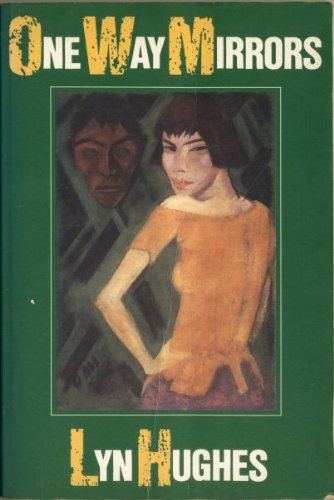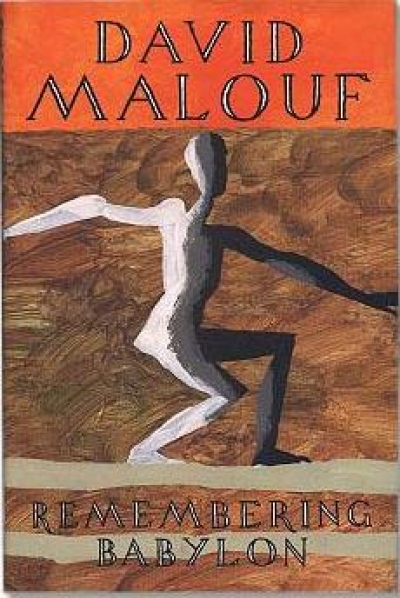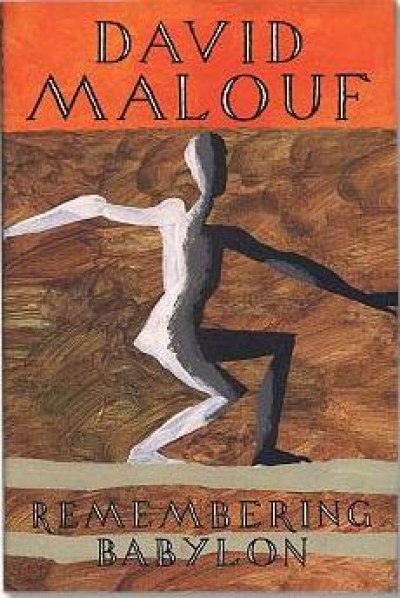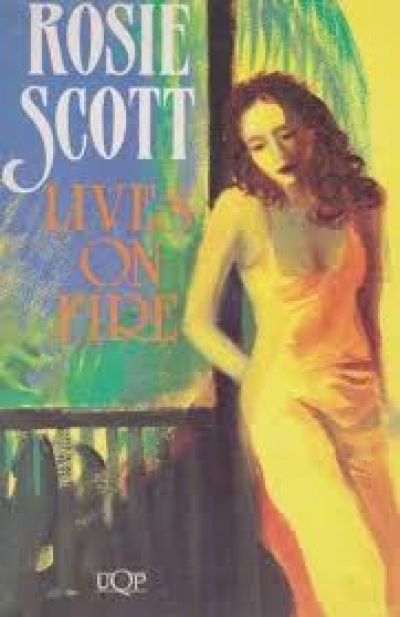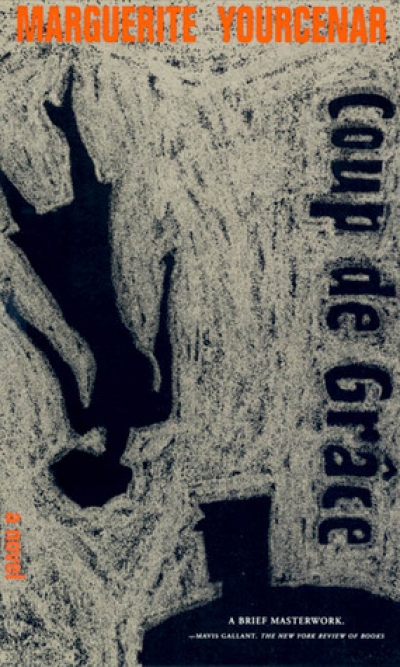Fiction
Works of Indonesian fiction, whether set in Indonesia or written by Indonesians, are still comparatively rare in Australia, and can therefore be difficult to read sensitively. In her collection of three novellas set in New Caledonia, Adelaide/Bandung and Bali, Melbourne writer Dewi Anggraeni attempts to explore the ground between cultures and the way people straddle cultures and come to an accommodation and understanding of each other. She is not always successful.
... (read more)Lyn Hughes’s One Way Mirrors begins with a white horse impaled on headlights. It’s autumn, ‘the stars look cold and pinched’. You know it’s going to end badly and it does, mostly.
... (read more)David Malouf’s Remembering Babylon is his eighth novel, his first since The Great World (1990) which won the Commonwealth Writers’ Prize and the Prix Femina Etranger. It is approximately two-thirds the length of that book but is longer than his first three fictions, Johnno, An Imaginary Life, and Fly Away Peter. Its length is important, as in its 200 pages it packs one of the most powerful punches to be found in any contemporary novel. Astonishingly compact and almost feverishly lucid, Remembering Babylon is a searing and startling literary parable, in my opinion destined to endure as one of Australia’s literary commandments.
... (read more)‘One day in the middle of the nineteenth century, when settlement in Queensland had advanced scarcely more than halfway up the coast …’ The opening lines of the novel seek to place it and us squarely in the discourse of history; to require that we lay aside the credulity with which the reader welcomes in romance and fantasy and become fellow-enquirers into the world of factual record, population figures and dates, marks on maps, important conflicts and the names of governors.
... (read more)People who have read John Banville’s Book of Evidence tend to pale and take on a manic look when they’re told that there is a new Banville out. When they learn that it’s linked with that earlier book, almost a sequel, their ears pinken, their lips tremble, and, most disturbingly, their fingers begin to twitch. At this stage, the holder of an advance proof backs away, calmly, as smoothly as possible, never turning until the door is reached. Then she runs, and they’re in hot pursuit.
... (read more)Connoisseurs of lapidary prose and the fine art of understated narrative are unlikely to enjoy this risky passionate novel. Nor will they enthuse over sentences such as, ‘The agony was so extreme I was numb with it, as if I had fallen into a vat of molten steel and could not immediately feel the enormity of the burn’, or, ‘Flooded with embarrassment, desire, delight, I thought stupidly, no wonder men go so wild over women, no wonder they dream continually of being lapped in that heavenly softness as they go about the hard world.’ However, Rosie Scott has made her own priorities clear in a 1991 essay called ‘Come and see the blood in the streets’.
... (read more)Originally published in French in 1939, Coup de Grâce is a subtle book, ‘a human, not political, document’ written with absolute assurance and remarkable skill. That the book is filled with a disturbing inhumanity portrayed (without irony) as nobility, makes it a disturbing experience for the contemporary reader.
... (read more)Martin Flanagan, well-known contributor to The Age newspaper in Melbourne, has written a peregrinatory first novel in which the narrator, Stephen, is hoping to find the connection he feels he doesn’t have with his own land, and consequently with himself.
‘Somewhere’, Stephen says, ‘there had to be a combination of words that could slow down the world long enough for me to get a look inside, to prove that I existed.’
... (read more)The chief protagonist in Robert Wallace’s Art Rat is a character about as savoury as Sid Vicious at his worst. The Art Rat begins life as Glyn, then transforms himself into Matthew and finally Lupo, psychopath disguised as conceptual artist. With each new identity he sinks further into madness and obsession.
... (read more)Where women lead, men generally have the sense to follow. Eventually. Feminist fiction, lesbian fiction have developed ahead of gay fiction in Australia. This is one of the many ideas acknowledged or explored in Dennis Altman’s welcome addition to literature about homosexual relationships.
... (read more)

